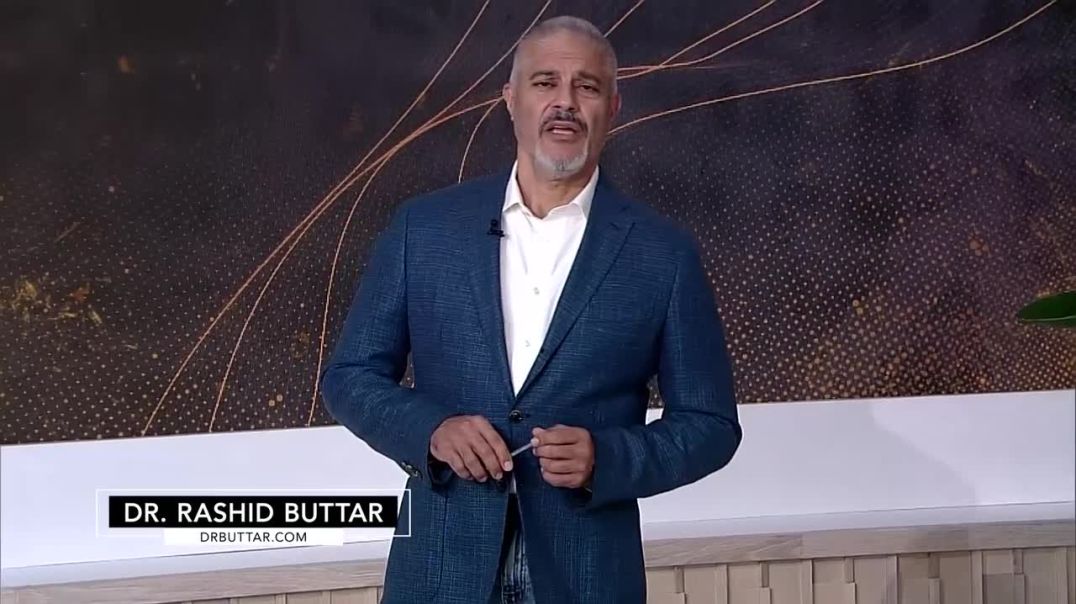By Zoey Sky - Dec 06, 2023
Source Article - Research suggests nutrient from meat and dairy can help KILL cancer cells (newstarget.com)
Researchers from the University of Chicago also reported that the nutrient showed promise for use in cancer treatments.
While conducting the study, the research team looked for compounds that could activate a group of immune cells called CD8+ T, which are known to kill cancerous or virally infected cells.
The researchers discovered that a nutrient called trans-vaccenic acid (TVA) was able to boost the ability of CD8+ T cells to infiltrate tumors and potentially kill cancer cells. TVA is a long-chain fatty acid found in meat and dairy products from grazing animals like cows and sheep.
Additionally, the study showed that cancer patients with higher TVA levels circulating in their blood responded better to immunotherapy. This indicated that TVA shows promise as "a nutritional supplement to complement clinical treatments for cancer."
In the human body, only 20 percent of the TVA is broken down into other byproducts and the remaining 80 percent circulates in the blood.
The research team used TVA while experimenting on mice. For the study, the mice were fed a diet rich in TVA. Data revealed that the TVA "significantly reduced the tumor growth potential of melanoma and colon cancer cells compared to mice fed a control diet."
The researchers also found that the TVA diet helped boost the ability of CD8+ T cells in mice to infiltrate tumors. TVA inactivates a receptor on the surface of CD8+ T cells, then activates a cellular signaling process involved in cellular growth, differentiation and survival.
Mice with the receptors of CD8+ T cells removed lacked improved tumor-fighting ability. The researchers also studied leukemia cells and found that TVA could help enhance "the ability of an immunotherapy drug to kill leukemia cells."
Jing Chen, one of the senior authors of the study, said it was "amazing and intriguing" to observe how a single nutrient like TVA "has a very targeted mechanism on a targeted immune cell type, with a very profound physiological response at the whole organism level."
TVA's future as a potential cancer treatment
Even though the study suggests TVA has potential as a dietary supplement in cancer treatments, Chen advised against focusing too much on the food source.
He explained that because research suggests that a diet with too much red meat or dairy can have adverse effects on overall health, the study should not be taken as an excuse to follow an unhealthy diet and consume a lot of fast food like cheeseburgers or pizza.
Chen added that the focus should be on using TVA nutrient supplements and learning more about the optimized amount to be used in treating cancer. He also suggested that there could be other nutrients that would potentially be able to perform the same function as TVA. (Related: STUDY: Carotenoid in brown seaweed has potent anticancer properties.)
"There is early data showing that other fatty acids from plants signal through a similar receptor, so we believe there is a high possibility that nutrients from plants can do the same thing," said Chen.
The research team also spoke of their plans to build a more comprehensive library of nutrients circulating in the human body to learn how they affect immunity and other biological processes.
An earlier study also revealed a potential positive impact of TVA on cancer. Researchers reviewed the impact of TVA on human nasopharyngeal carcinoma (NPC), a cancer that occurs in the nasopharynx located behind the nose and above the throat.
The results showed that TVA "significantly inhibited cell proliferation" of the NPC cancer cells. The study authors suggested that using TVA could offer an advantage in treating the illness.
In an earlier study from 2014, scientists reported that TVA exerted a "direct anti-carcinogenic effect" on human breast cancer cells.
Significant scientific breakthroughs in cancer research
The recent TVA study follows other significant scientific breakthroughs in the last few years concerning cancer research.
In October 2023, researchers from the UC Davis Comprehensive Cancer Center in Sacramento, California, reported that they discovered a biological "switch" that could make cancer cells destroy themselves.
Through a UC Davis news release the research team reported that CD95 receptors (Fas) are called death receptors. "These protein receptors reside on cell membranes. When activated, they release a signal that causes the cells to self-destruct," the researchers explained.
On the other hand, researchers from Hong Kong Baptist University (HKBU) discovered that a flavonoid in licorice root could inhibit the progression of pancreatic cancer. The HKBU researchers also said the chemical may boost the efficacy of chemotherapy drugs used to treat the illness.
The American Cancer Society (ACS) warns that cancer is the second most common cause of death in the U.S. and that it is exceeded only by heart disease.
According to the ACS, more than 1.9 million cancer cases will be diagnosed in the country in 2023. The organization expects an estimated 609,820 deaths this year, which comes to around 1,670 deaths per day.
To reduce your cancer risk, avoid harmful habits like smoking. Following a balanced diet and eating a variety of nutritious foods can also help protect against cancer.
Visit Anticancer.news to read more articles about other nutritious foods that can help protect against cancer.
Watch the video below to learn about five superfoods that can help kill cancer cells.
This video is from the Natural News channel on Brighteon.com.
More related stories:
Studies show saffron can fight cancer and protect against chemotherapy-induced damage.
Cancer prevention tips: 5 Natural ways to reduce your breast cancer risk.
STUDY: Compound in coffee and tea can prevent liver cancer cells from spreading.
Sources include:














